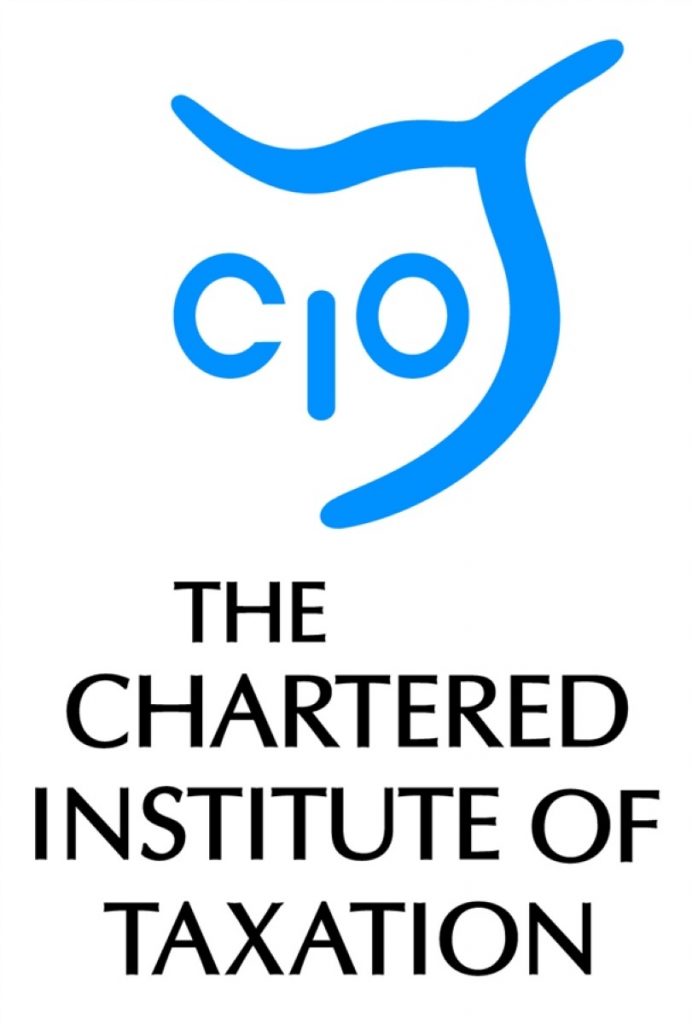Swiss tax deal: pragmatic trade-off may work, say CIOT
The UK Government and Swiss Government have each got something out of the deal announced today, says the Chartered Institute of Taxation (CIOT).
Under the deal, Britons with money in Swiss bank accounts will have a one-off charge of between 19 and 34 per cent of their account balance taken by their bank and given to the UK taxman in 2013. There will then be a high annual ‘withholding tax’ deducted from interest, dividends, other income and capital gains in future years.
Gary Ashford, who represents the CIOT on the Compliance Reform Forum, commented:
“Rightly, the net is tightening on those who think they can keep money in offshore bank accounts out of sight of the taxman.
“It is important to realise that innocent taxpayers who have always properly reported their Swiss income are at risk here. They will need to make a further disclosure to avoid the deduction from their account balance in 2013.
“The rate of withholding tax being charged is high. There is clearly a risk that account holders will move their money to even more distant and inaccessible locations, which is in neither government’s interests. Swiss banks and HMRC alike will be hoping this has all been pitched at the right level.”
The Liechtenstein Disclosure Facility2 continues to be available to Britons with offshore accounts. Gary Ashford commented:
“Uncertainty over the Swiss deal, and whether it might include a generous disclosure facility, has led to delays in the Liechtenstein process, as account holders waited to see whether the Swiss deal offered an alternative. With no announcement yet of any extension to the process, banks and account holders alike will need to get their skates on to ensure they are fully compliant by the deadline.
“More generally, anyone who is worried that they have been underpaying tax – whether deliberately or in error – should get professional advice. Even if there is not a specific disclosure opportunity they can take advantage of, penalties will generally be less severe for taxpayers who come forward voluntarily to put their affairs in order with HMRC.”
Notes to Editors
1. There are three elements to the deal outlined today –
a. Britons with money in Swiss bank accounts will have to pay a one-off charge of between 19 and 34 per cent of their account balance to the UK taxman in 2013. The payment will be deducted and made by the bank. Details of individual accounts will not be revealed but account holders will get certificates stating they have paid the charge. If account holders believe they are being overcharged tax they will be able to claim the difference back from HMRC, but will have to open up their accounts to HMRC to do this. This levy can be avoided by the taxpayer making a full disclosure to HMRC and settling all taxes.
b. From 2013, a ‘withholding tax’ of 48 per cent of the interest they earn, 40% of dividends, 48% of other income or 27% of capital gains will be deducted automatically by the bank and sent to HM Revenue and Customs annually. Again, details of individual accounts will not be revealed but account holders will get certificates stating they have paid tax on the interest/dividends/capital gains from their deposits.
c. The UK Government will be able to request bank account details for up to 500 people a year from Swiss banks, who will be required to disclose the information.
2. The Liechtenstein Disclosure Facility requires UK taxpayers with undeclared investments in Liechtenstein to disclose them and settle their tax liability to the UK government under a special arrangement. Liechtenstein banks must contact their customers by October 2011, telling them that they must either declare themselves to be UK tax compliant or they must join the LDF. If they do not do this, the banks must close the relevant customers’ accounts. For more information see the HMRC website: http://www.hmrc.gov.uk/disclosure/liechtenstein-disclosure.htm
3. The Chartered Institute of Taxation (CIOT) is a charity and the leading professional body in the United Kingdom concerned solely with taxation. The CIOT’s primary purpose is to promote education and study of the administration and practice of taxation. One of the key aims is to achieve a better, more efficient, tax system for all affected by it – taxpayers, advisers and the authorities.
The CIOT’s comments and recommendations on tax issues are made solely in order to achieve its primary purpose: it is politically neutral in its work. The CIOT will seek to draw on its members’ experience in private practice, government, commerce and industry and academia to argue and explain how public policy objectives (to the extent that these are clearly stated or can be discerned) can most effectively be achieved.
The CIOT’s 15,600 members have the practising title of ‘Chartered Tax Adviser’ and the designatory letters ‘CTA’.
– ENDS –
George Crozier
External Relations Manager
D: +44 (0)20 7340 0569
M: +44 (0)7740 477374
The Chartered Institute of Taxation
Registered charity number 1037771
www.tax.org.uk
The Association of Taxation Technicians
Registered charity number 803480
Registered company number 2418331
VAT Registration Number 497 5390 90
www.att.org.uk
Low Incomes Tax Reform Group – an initiative of the Chartered Institute of Taxation
www.litrg.org.uk
1st Floor, Artillery House, 11-19 Artillery Row, London SW1P 1RT





-01.png)